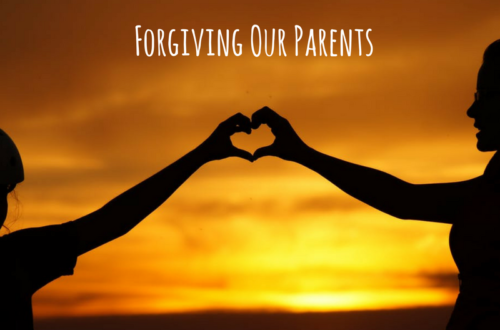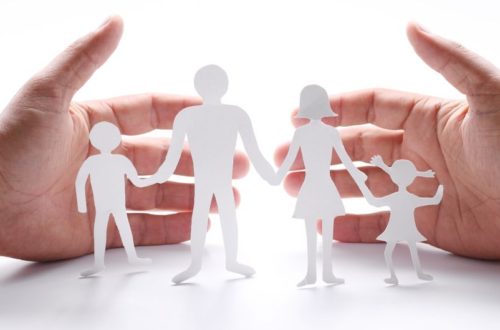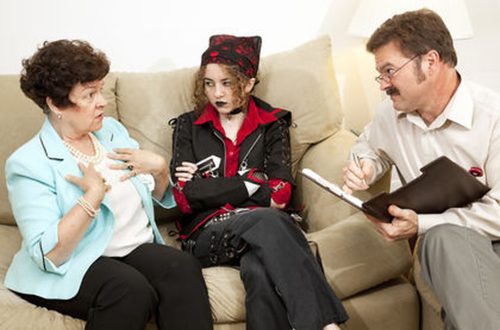When I was 9 years old, my grandfather suffered a debilitating stroke from which he would never recover. As is often the case in families, my mother, the oldest of three children, assumed responsibility for his care while he lay in an infantile state two floors above mine. Everyday before dawn, she bathed, fed, and medicated him while my grandmother watched her daughter assume a role she never should have played. After the early morning shift, she resumed her role as married mother of three before tending to my grandfather’s nightly needs before finally sleeping for a few hours before the cycle repeated. My mother was no longer afforded a moment to herself.
Irritated by the limited role my grandmother and my mother’s siblings played in my grandfather’s care, my dad demanded she recede from the caregiver role. Pressured from all directions, and depleted of energy, my mother’s mind fractured, and she suffered a three-year major depressive episode characterized by hospitalizations, medicines, and electricity to her brain. I lost her for three of my formative years, and when I think about it now, I believe depression was where she needed to go to escape her stress. I used to get angry at my father when I remembered that part of my life, but for good reason, I don’t anymore.
Forty years later my wife found herself in a similar situation with her dad, but my anxiety was more about similarity of the situations in which me and my father found ourselves. The notion that my father believed my mom’s siblings were of little help convinced me this was a real possibility in my wife’s family, and even though in reality everyone pulled their own weight, I imagined my wife did more only because I feared she would, and at the time, I was not mature enough to handle separation in relationships. Although her older sister played an enormous role in their dad’s care, I believed three other daughters, all of whom are younger like my mom’s siblings, either wouldn’t or couldn’t share the burden. The experience reminded me of how anxiety has a knack for distorting reality. Like my dad, I grew frustrated by the amount of time my wife upstairs to care for her dad, or holding vigils while he regained strength in rehab facilities. Also like my dad, I pressured my wife to back away from the caregiver role, and demanded she force younger siblings to do their share. I never considered all I was doing was piling guilt on to her sadness while putting her in a position to tell other siblings to do what they were already doing.
Common between my dad and I was the absence of malicious intent. Neither of us demanded our wives neglect their dads to better serve us. Instead, we were frustrated at family systems reluctant to split responsibilities equally, and instead of directly addressing those family members, we expected our wives to do it while they were already in emotionally and physically exhausting positions.
Fascinated by the extent to which my circumstances mirrored my father’s, I expressed my frustration to him, expecting empathy. While he was empathic, he also acknowledged his error, and assured me that even though he didn’t know another way of expressing his concern about the situation, he was pretty certain, in retrospect, that adding pressure to my mother was not the best way to change the circumstances. Through that conversation, I realized my benevolent intentions were misguided, and my frustration further exhausted someone already taxed by an unforgiving role characterized by endless hours of responsibilities meant for home health aides, but instead undertaken by adult children forced to watch their parents wither away while helpless to stop the process.
Caregivers need care from the supportive people in their lives who can help them replenish energy lost to the care of parents. Family caregivers typically do not relinquish other roles, and instead, continue to work, care for children, or be partners. Pressuring caregivers to not care for a parent to which they feel indebted creates an unforgiving dilemma of forced prioritization sure to result in resentment, or guilt should the parent die.
Among the ways to care for caregivers is allowing them quiet time to rest, relax, and replenish instead of lambasting them with other responsibilities. Another way is to treat the person to self-care gifts like massage, facials, pedicures, or whatever he or she enjoys. This allows the caregiver to feel rewarded for their efforts instead of feeling punished for tending to tasks that are already painful and undesirable. Listening to the caregiver in your life is another way of being supportive. There are a million complex thoughts and feelings experienced by caregivers, such as mourning the loss of a their parents’ dignity, experiencing frailty, and facing mortality. Being afforded the opportunity to process those feelings, and having them be understood, is a priceless gift sure to increase intimacy.
When adult children assume responsibility for an ailing loved one, their own life gets put on hold, and sadness is inevitable. Rather than exacerbate that sadness by piling on expectations, giving lectures about priorities, or demanding other family members be held accountable, be supportive in any way possible. Even though we might assume benevolence when we suggest or demand caregivers relinquish care for self-preservation, or to force other family members to step up, we are doing harm by adding layers of guilt.
If the self-satisfaction of being supportive is not enough, consider the extent to which children learn empathy when they witness one parent love and support the other during trying times. When one generation learns that level of compassion, it becomes likely those characteristics are bequeathed to subsequent generations. Hearing my dad acknowledge that his good intentions were actually harmful taught me to reverse course before I lost a wife to the same crippling mental illness that claimed my mother.
It also reminded me I am never too old to learn from my dad.





